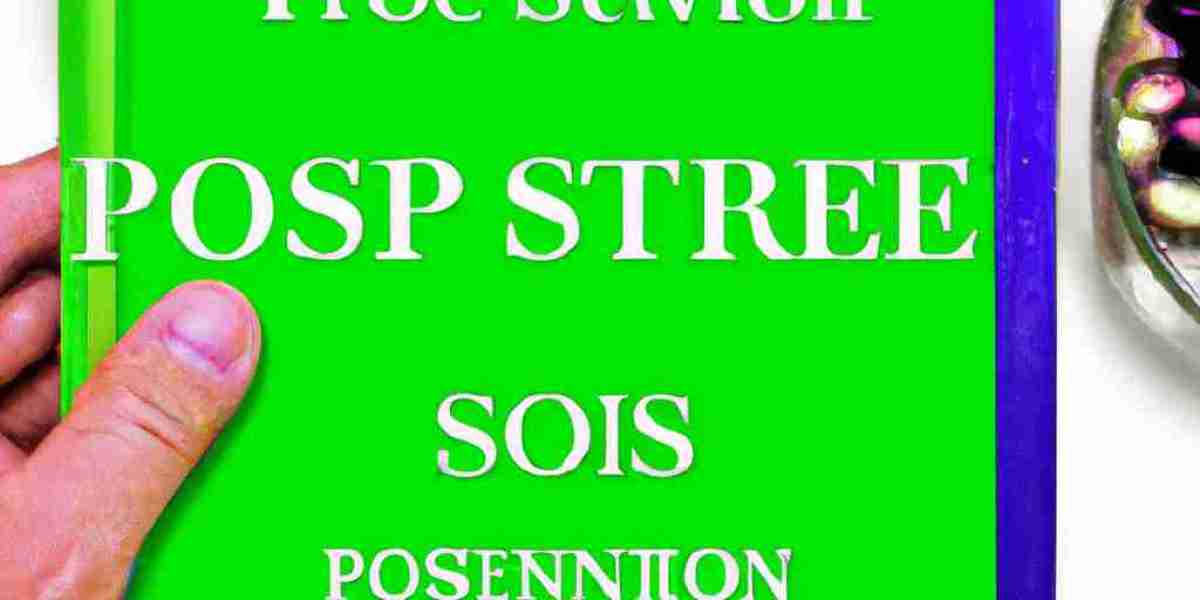How to Avoid Food Poisoning
Food poisoning can be a very unpleasant and potentially dangerous experience. To safeguard your health, follow these simple guidelines to avoid falling victim to foodborne illnesses:
- Properly store and handle food: Keep your raw meats, poultry, and seafood separate from other foods to prevent cross-contamination. Thoroughly wash your hands, utensils, and cutting boards after handling raw ingredients.
- Cook food thoroughly: Make sure to cook your food at the appropriate temperature to kill any harmful bacteria. Use a food thermometer to ensure that meat, fish, and poultry are cooked to their recommended internal temperatures.
- Be cautious with leftovers: Refrigerate cooked leftovers promptly and consume them within a few days. Reheat your leftovers to at least 165°F (74°C) before eating.
- Wash fruits and vegetables: Rinse all fresh produce thoroughly before consuming, even if you plan to peel or cook them. This helps remove any potential contaminants on the surface.
- Mind expiry dates: Always check the expiration dates on packaged foods and discard anything past its prime.
- Avoid risky foods: Stay away from raw or undercooked eggs, unpasteurized dairy products, and uncooked sprouts, as they pose a higher risk of foodborne illnesses.
By adopting these preventive measures, you can significantly reduce the likelihood of food poisoning, ensuring that you and your loved ones stay healthy and safe.







